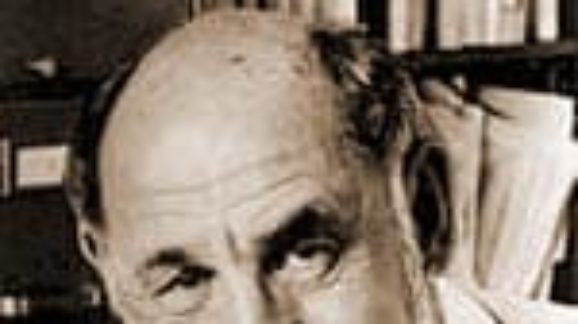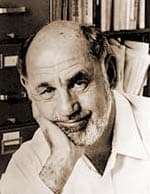Remembering Aaron Wildavsky

 Aaron Wildavsky, born on this day in 1930, died tragically and all too young in 1993, but left behind an incredible legacy in the public policy field. One of his first books (he wrote many during his life) was Politics of the Budgetary Process, which pointed out that the concept of zero-based budgeting and starting-afresh each period weren’t feasible. Budgeters always looked at the last period’s budget and changed it incrementally.
Aaron Wildavsky, born on this day in 1930, died tragically and all too young in 1993, but left behind an incredible legacy in the public policy field. One of his first books (he wrote many during his life) was Politics of the Budgetary Process, which pointed out that the concept of zero-based budgeting and starting-afresh each period weren’t feasible. Budgeters always looked at the last period’s budget and changed it incrementally.
Aaron moved onto many fields – Jewish culture (The Nursing Father: Moses as a Political Leader); risk and safety, dealing with why we fear what we fear (Searching for Safety, But Is It True?: A Citizen’s Guide to Environmental Health and Safety Issues); the challenges of translating policy into practice (Implementation: How Great Expectations in Washington Are Dashed in Oakland or Why It’s Amazing that Federal Programs Work at All); and a book on his work habits (Craftways: On the Organization of Scholarly Work); and many more interesting and significant areas.
But then in his last decades, Wildavsky stepped back and sought to better understand the cultural aspects of politics and policy. He partnered with Mary Douglas, a cultural anthropologist, to explore that question. Their first collaboration resulted in the wonderful book, Risk and Culture, which argued that risks aren’t “out their” but are rather expressions of our core values. That cultural value theory was then applied to everything – even resulting in Wildavsky returning to the budget process (The New Politics of the Budgetary Process). He was a true polymath.
He passionately sought to restore the confidence and comfort that all once Americans possessed, to understand why nuclear power and chemicals and genetic research and fossil fuels all had been demonized. And, more generally, he sought to understand how capitalism and its free markets had come under attack. Cultural theory suggests both answers to that question and also clues as to how those attacks might be addressed. He argued that few people had deep convictions about global warming or nuclear power or GMOs, but very deep values about freedom and stability/tradition and fairness/justice. Seeking to “educate” people on such policy issues is foolish (the costs of becoming “educated” on an issue about which you can do little are excessive given the limited time one has) but one can “communicate” if we employ value-based communication techniques. And that is what motivates the work of the Center for Advancing Capitalism – finding strategies for communicating the virtues and morality of capitalism.